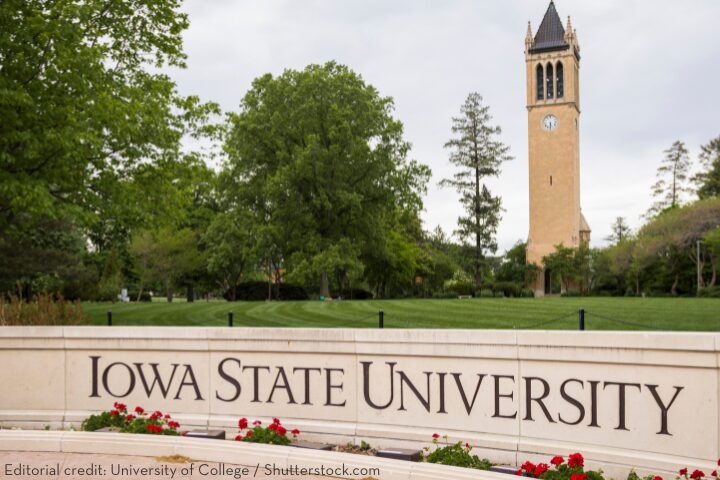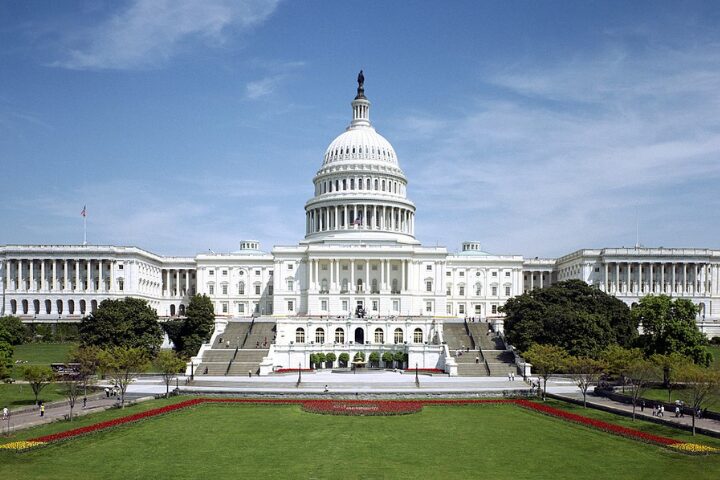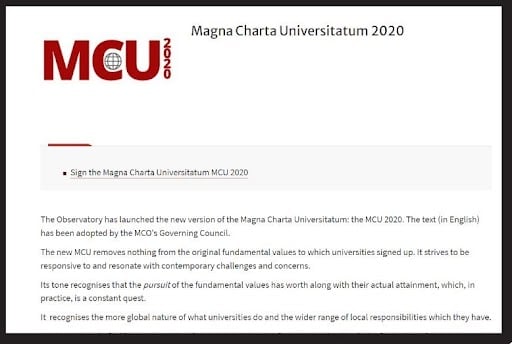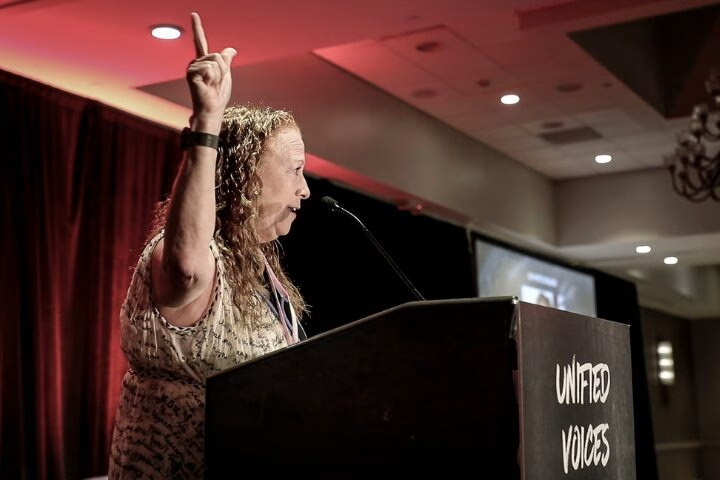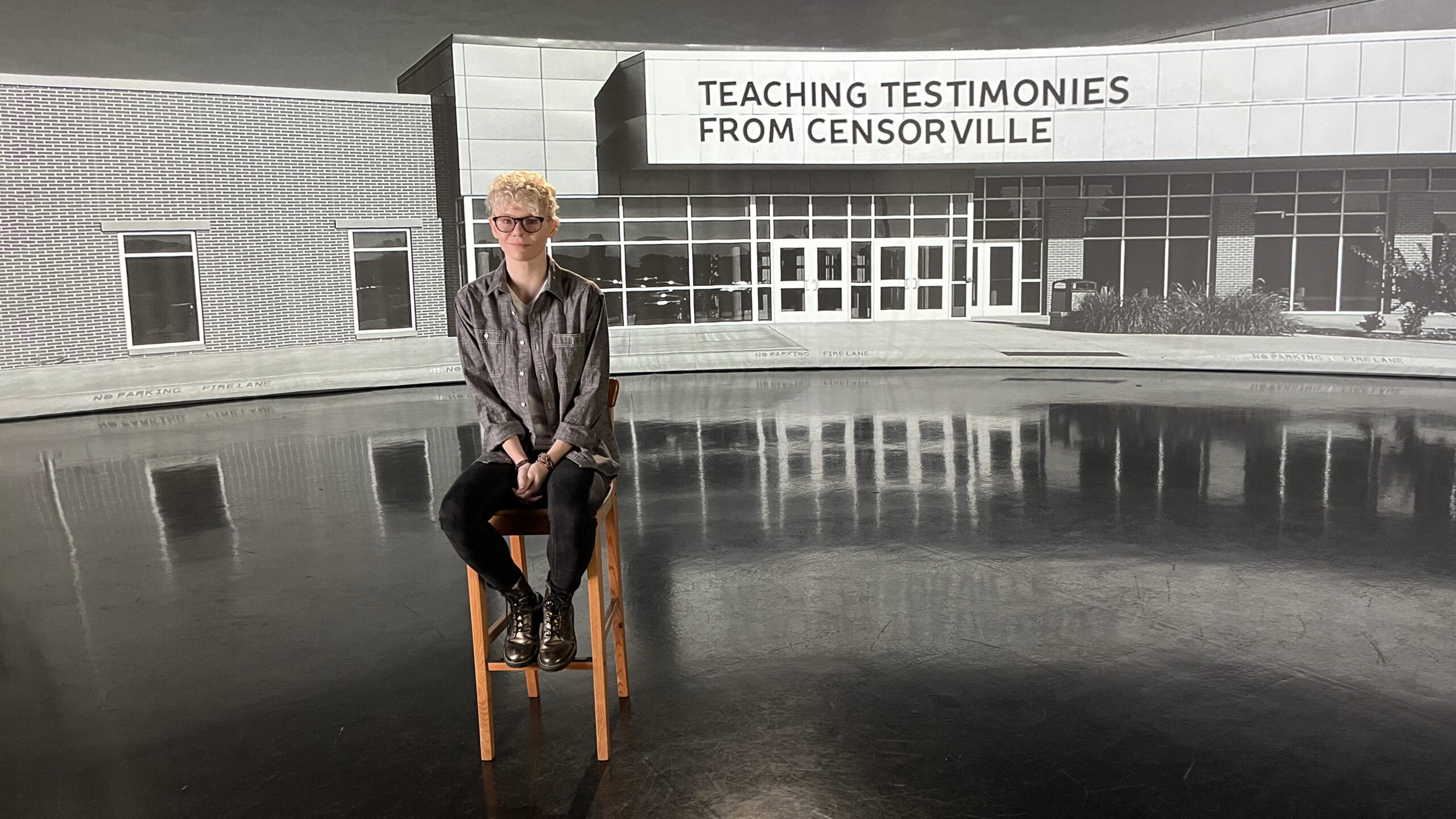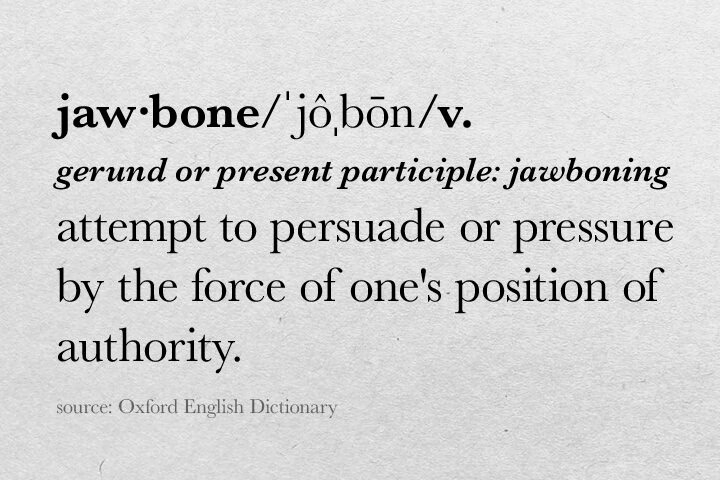10 days. That’s how long it took the Idaho legislature to enact Idaho Senate Bill 1198, which bans public colleges and universities from maintaining diversity equity and inclusion (DEI) offices. It also prohibits schools from requiring or “compell[ing]” a student to enroll in a course whose subject or pedagogical methodology “is derived from or promotes” critical theory or “DEI” concepts. The bill was introduced on March 26 and signed into law on April 4–a lightning-fast turnaround that reflects an alarming trend across the country.
In past legislative sessions, bills that would shutter DEI offices or restrict curricula have a painful journey to the Governor’s desk. That shifted this spring. In Ohio, legislators tried and failed for two years to pass SB 83, a bill that took aim at academic programs and DEI. Yet in the first few months of this current session, legislators got it to the governor’s desk as SB 1. Despite the outpouring of public testimony and the protests of hundreds of students, faculty, and community members in Ohio–coordinated opposition that had contributed to the bill failing to pass in previous years–it was quickly signed with little real debate in either chamber of the legislature. We saw a similar fast track in Kentucky as HB 4, a bill restricting curricular requirements and DEI, went from being passed out of its first committee to the Governor in little over a week even though similar bills last year stalled. Although Governor Beshear vetoed HB 4, the Kentucky legislature quickly overturned his veto, despite public protest.
Idaho’s quick passage of SB 1198 isn’t isolated or unique. Across the country, legislatures are targeting higher education with bills aimed at dismantling DEI offices, controlling curricula, and weakening shared governance. Still, the rapidity of Idaho’s legislative process is alarming—a clear indicator of how quickly these measures can become law with little genuine debate when the legislature is willing to ignore public input.
We must look at this situation with clear eyes. What does it portend when a state legislature feels emboldened to push a DEI ban and curricular control bill through the entire legislative process in just 10 days? When legislators appear unconcerned by vehement opposition voiced by their constituents? Unfortunately, it means the fight to defend higher education is unfolding differently than it was even just last session, and that it’s more important than ever that opponents of these censorial efforts adapt accordingly and continue standing up for students’ freedom to learn.

